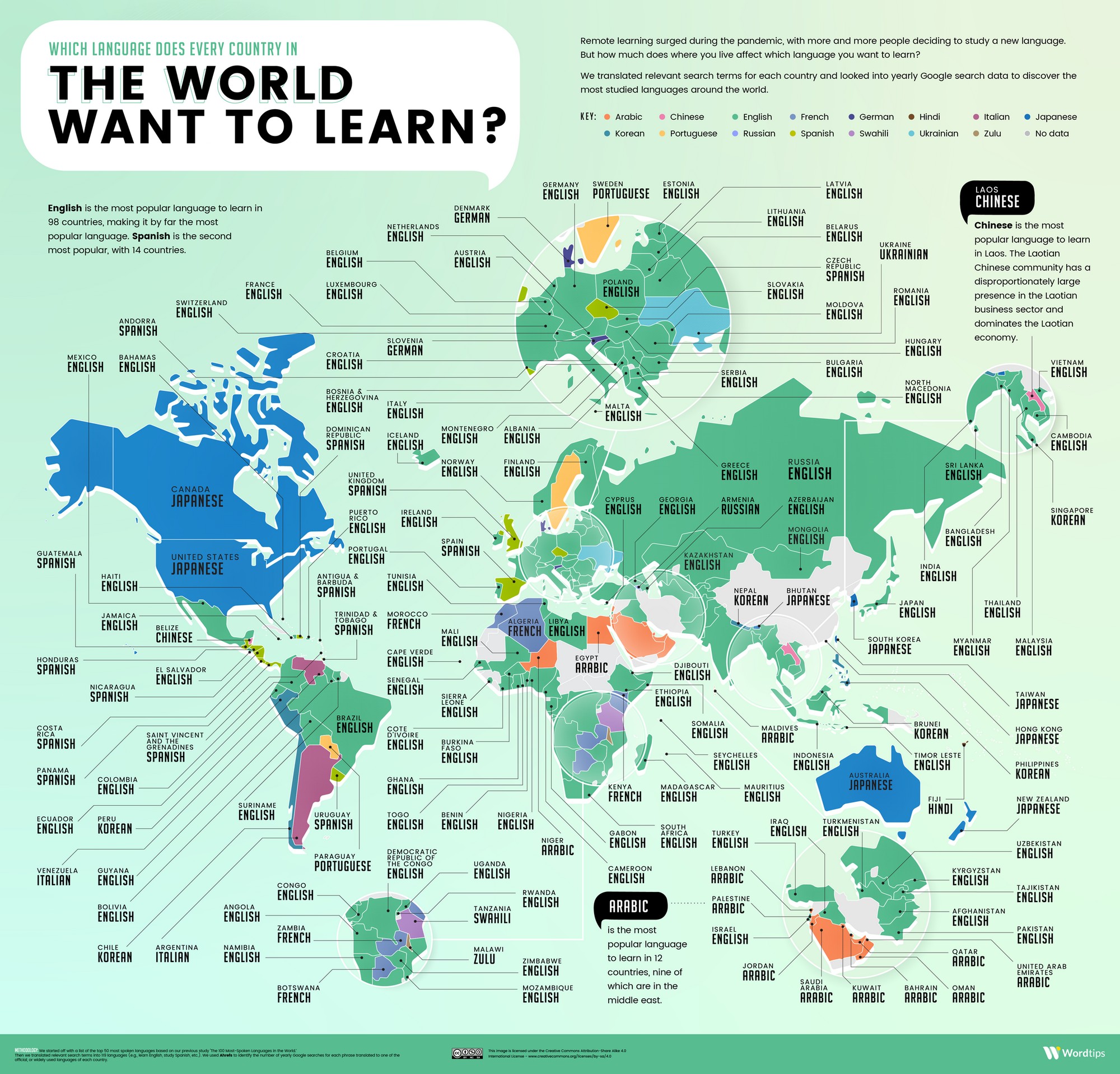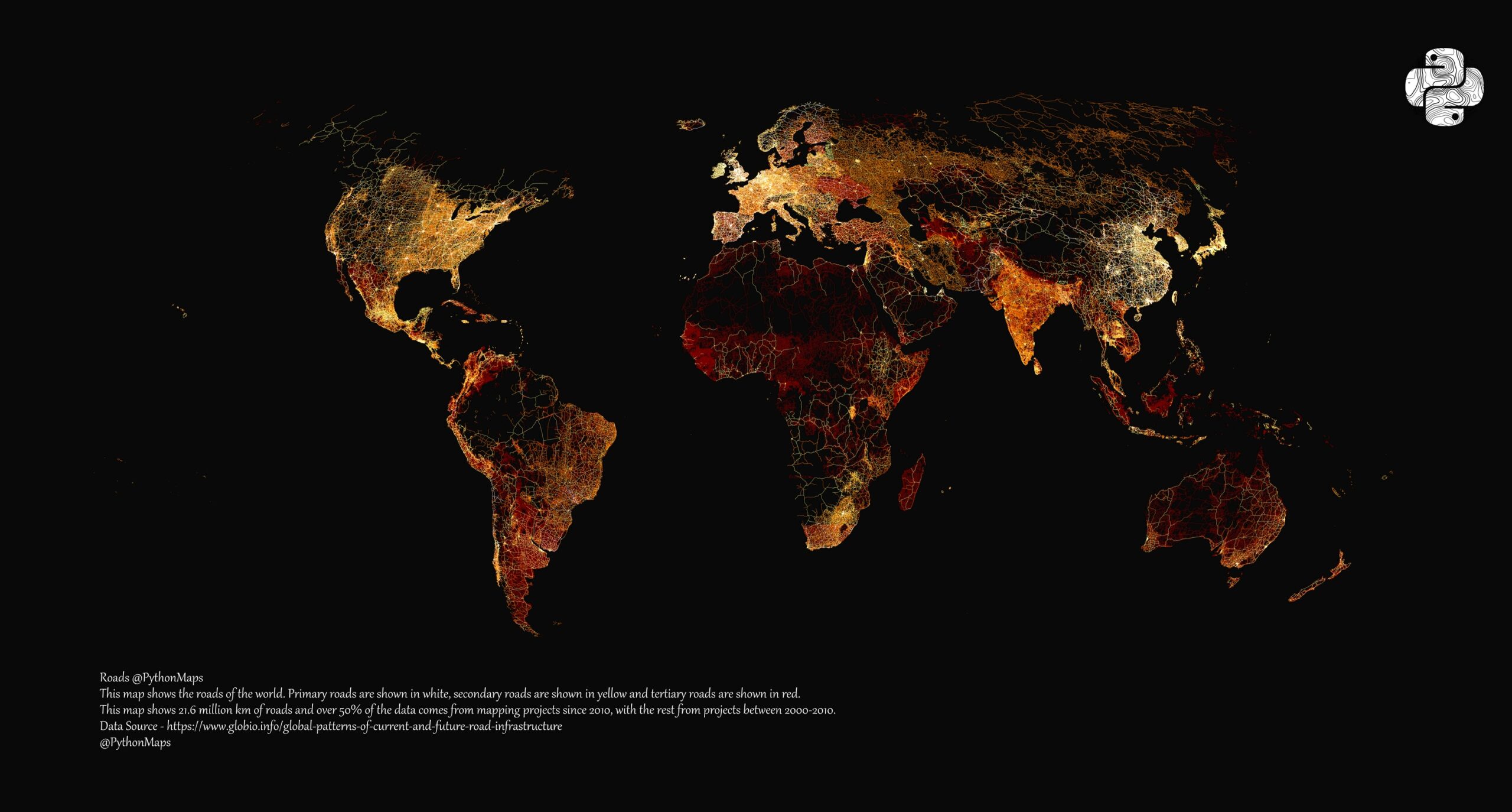Tearing Poland apart
Some maps show roads and rivers. Others, like this one, show sarcasm, regional bias, and a bit of national self-awareness.

The image was put together by members of the subreddit r/Polska, with the main credit going to user pothkan and several collaborators. It doesn’t use any formal datasets or government statistics — it’s based purely on shared jokes, popular culture, and Polish internet discourse. But for that reason, it taps into something instantly recognizable for people familiar with the country.
You’ll see twelve different ways to slice Poland, each focusing on a different lens — humor, language, infrastructure, or just sheer pettiness. One version divides the country into Default Poles, Actual Germans, Catalunya, Funny speaking, and Mordor. (Yes, Mordor – apparently referring to Silesia, a place known for its industry and sometimes grim aesthetic.)
Another version redraws Poland based on geography: Fields, Hills, Swamps, Forests, and Yakutsk — an over-the-top label for the northeast, possibly poking fun at its remoteness or cold winters. There’s also a straightforward breakdown into historical zones: German, Russian, Austrian, and Former property, which nods to Poland’s complicated partition history under foreign rule.
But some maps go straight for the punchline. One version groups Poles based on driving: Good drivers in the southeast, Bad drivers in the northeast, and Carmageddon in the center – presumably Warsaw and surrounding roads. Another map divides Poland into Europe and Asia, a long-running internet joke about how eastern Poland is seen as “less Western” by some.
There’s one labeled Nobody lives here in the far northeast, and Actual economy near Katowice – a cheeky reference to the region’s role as an industrial and mining hub. Meanwhile, parts of the map are tagged as Drunken chavs, Shopping neighbors, Wants into Warsaw, or even Gets salty about inverted flag in Polandball (a niche internet meme about mixing up Poland’s flag with Indonesia’s).
The lower row dives into linguistic habits – such as regions where place names tend to end in -owo, -ów, or -ew. There’s also a lighthearted jab at how different Poles say “going outside”: na pole vs. na dwór – a classic north-south divide in word usage. It’s the kind of thing no tourist guide would mention but every native would understand.
Is the map offensive? Maybe. Honest? Sometimes. Funny? Often – especially if you’re from Poland or have spent time there. It’s the kind of humor that doesn’t pretend to be fair or scientific. Like many stereotype maps, it’s more about how people feel about each other than how things really are.
This approach will look familiar to fans of Yanko Tsvetkov’s Atlas of Prejudice, a bestselling series of stereotype maps that poke fun at nationalism, identity, and how we draw mental boundaries around nations and regions. If you enjoy this kind of map humor, you might want to check out his work – it’s available on Amazon, but just a heads-up, that link takes you off this site.








you are wrong, this is no division between Russian and Austrohungarian border but between Prussian (German) and Russian+Austrohungarian border; simply check in the map above!